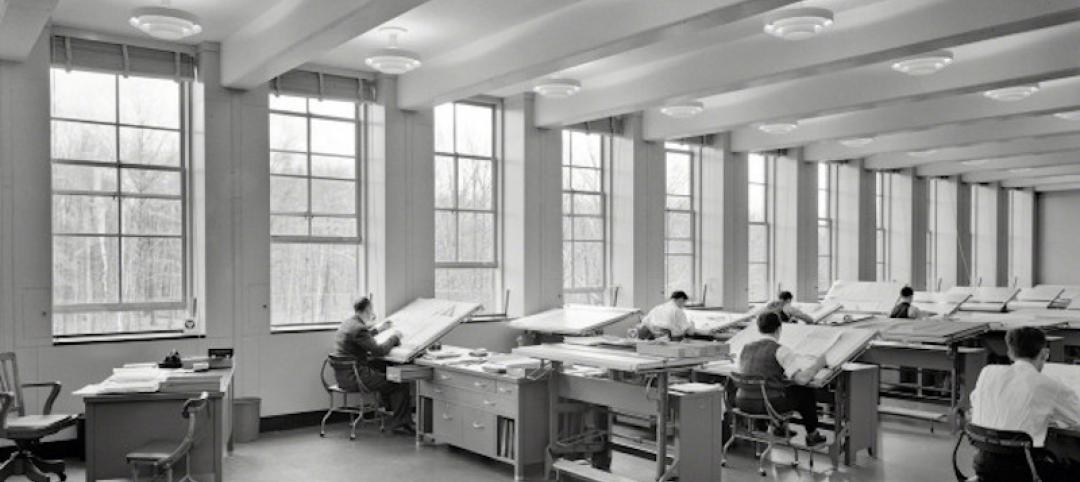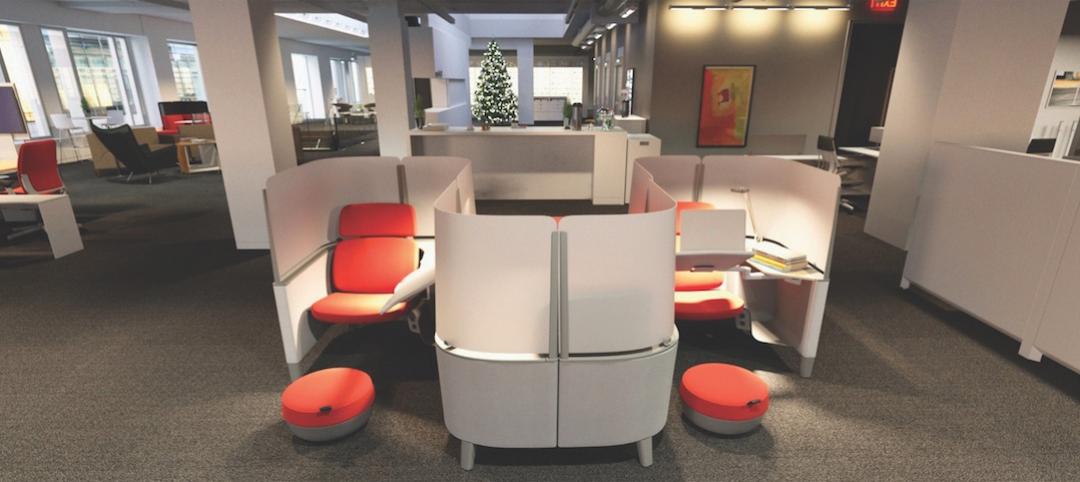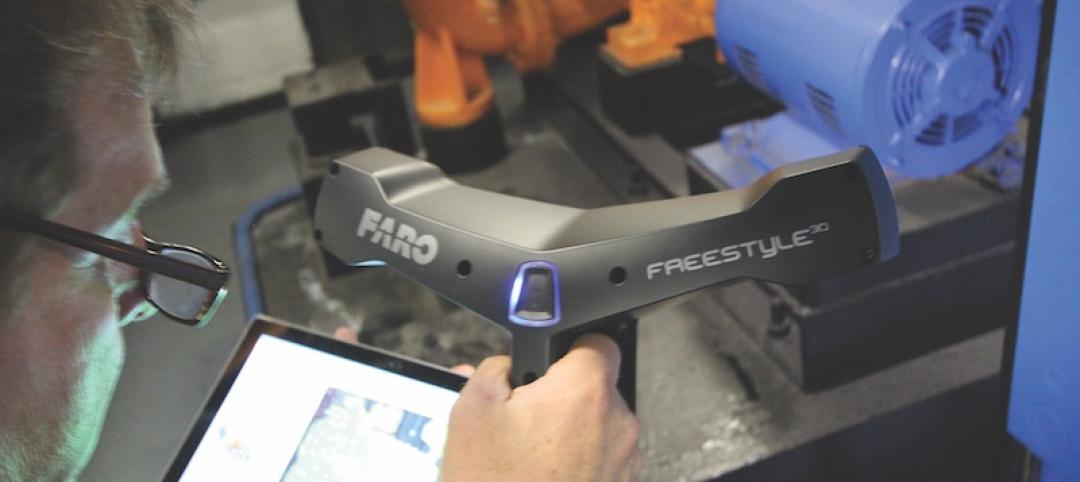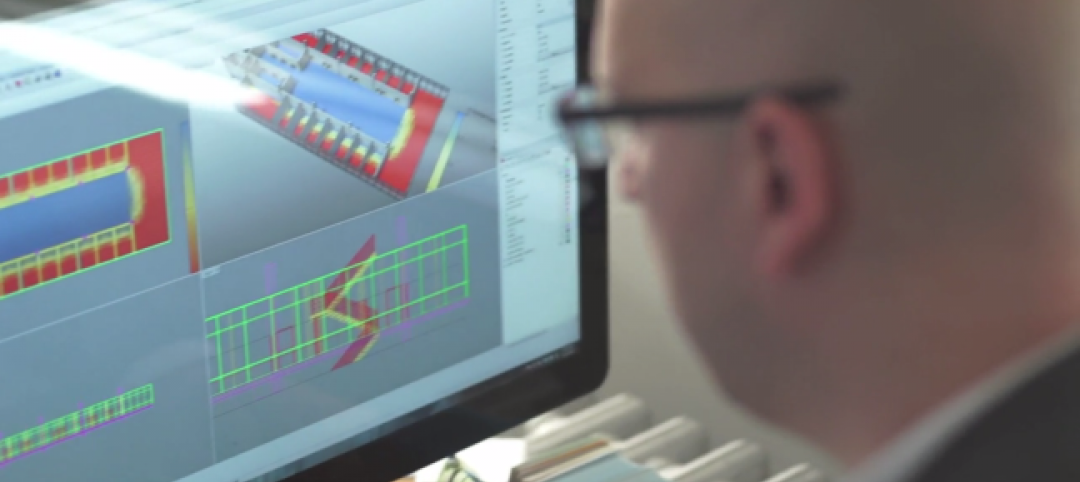With the launch of the CBRE’s new Benchmark In-building Cellular Signal Mapping services, CBRE Telecom Advisory Services can now test and quantify the indoor network quality of entire properties or an individual unit.
In-building coverage has become a necessity for many commercial real estate leasing customers, with more than 80 percent of data usage now occurring inside buildings. The ability for CBRE Telecom Advisory Services to provide detailed reports and high-level snapshots identifying a property’s current cellular and Wi-Fi coverage and performance is invaluable to owners and lessees. CBRE can now identify problem areas before their customers ever enter a building, define where distributed antenna systems (DAS) or other small cell installations may be needed, and move forward with value-added property marketing strategies.
When individuals have poor in-building network experiences, it impacts their overall view of a property,” says Cris Kimbrough, Managing Director of Telecom Advisory Services for CBRE, in a press release.
CBRE’s employment of Mosaik’s Signal Insights application is a key element of the new service. The application measures and evaluates a customer’s cellular and Wi-Fi network experience from the customer or user perspective.
Not only will this allow building owners to better set their leasing partners’ expectations, but they can improve retention by improving the customer experience. CBRE can now measure indoor and outdoor signal, throughput quality, as well as analyze key performance indicators (KPIs), including signal strength, downlink speed, latency and more.
CBRE is expected to start offering Benchmark In-Building Cellular Signal Mapping to its customers beginning in October 2016.
Related Stories
Giants 400 | Dec 14, 2017
Top 150 BIM design firms
Jacobs, Gensler, and WSP top BD+C’s ranking of the nation’s largest BIM design firms, as reported in the 2017 Giants 300 Report.
BIM and Information Technology | Dec 12, 2017
Reflecting on the future of work
'I believe in the potential for new technology to positively impact the quality of the built environment with immense speed and great efficiency,' writes Proving Ground's Nathan Miller.
Sponsored | BIM and Information Technology | Nov 30, 2017
A million small connections: Designing the new NY bridge
New York’s Tappan Zee Bridge first opened to traffic in 1955.
Sponsored | BIM and Information Technology | Nov 8, 2017
3 ways to protect your firm from cyber threats
While AEC firms may not have the vast quantity of financial information that certain other types of businesses do, the confidential and sensitive information your firm has can be just as damaging to your clients if it gets into the wrong hands.
Augmented Reality | Nov 6, 2017
Three VR + AR innovations to watch
From heat mapping to VR-based meetings, check out this trio of virtual and augmented reality applications for AEC teams.
Sponsored | Building Team | Nov 3, 2017
4 strategies for marketing your AEC firm
Having a clearly defined competitive brand and a fine-tuned marketing approach can give your firm a significant competitive advantage.
BIM and Information Technology | Oct 18, 2017
Project Frog announces Autodesk investment
Autodesk’s investment in Project Frog creates a common data environment, streamlines design and engineering processes, and optimizes architectural design for manufacturing.
BIM and Information Technology | Oct 12, 2017
Laser scanners go handheld
The emergence of handheld 3D laser scanners has been a boon for firms looking to lower costs and speed up turnaround time.
Sponsored | BIM and Information Technology | Oct 10, 2017
Moody Engineering, Inc. utilizes 3D scanner to meet challenges of phosphoric acid tank remodel
By integrating creativity and ingenuity with practicality, the Moody team was able to address the project’s specific requirements in order to save the customer time and money on this challenging project.
AEC Tech | Oct 6, 2017
How professional bias can sabotage industry transformation
Professional bias can take the form of change-resistant thinking that can keep transformational or innovative ambitions at bay. Tech consultant Nate Miller presents three kinds of bias that often emerge when a professional is confronted with new technology.

















